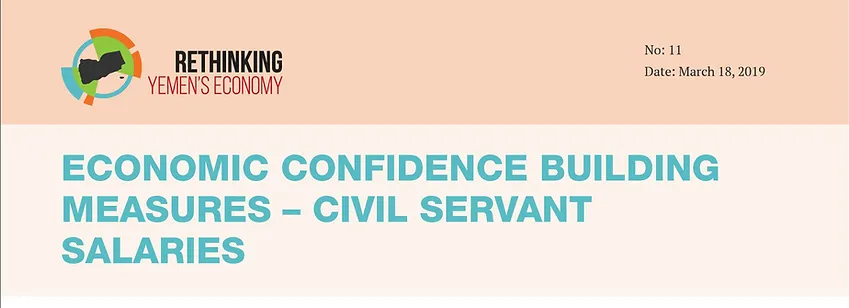INTRODUCTION
The government is the biggest employer in Yemen. Yemen’s public sector experienced rapid growth in the 1990s, when patronage was rife and political parties sought to win support by distributing jobs in the civil and military services. By 2014, the public sector payroll included 30.6 percent of the Yemeni labor force, as shown in Figure 1.1 This payroll was inflated, however, as it included significant numbers of
“double-dippers”, who held more than one position and received multiple salaries, as well as “ghost workers”, who did not exist but whose salaries were collected by their supervisors. As shown in Figure 2, in 2017 up to 40 percent of the population was dependent on government salaries in the governorates of Marib, al-Jawf, Abyan and the Capital Secretariat (Sana’a).
As a result, public sector salaries and pensions have accounted for a large share of the money supply in the macroeconomic cycle and the monetary and fiscal cycles. These payments also have a direct and indirect impact on multiple economic indicators, including the gross domestic product and the general state budget.
